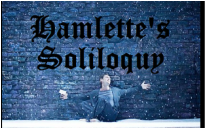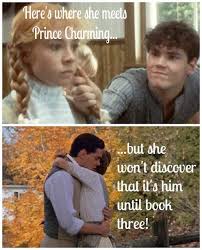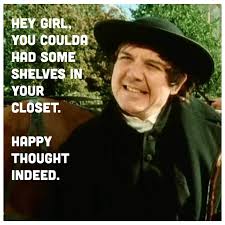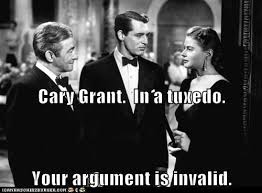We arrived quite early because one of my sisters had misplaced her ticket (which we had received for Christmas). She should have done what I did: stick the ticket on the refrigerator with a magnet so it wouldn't get shuffled into a drawer or something and forgotten. In any case, we anticipated that it might take some time to wrangle a replacement at the box office but as it turned out, it was really easy- and fast. We had the confirmation code from the online purchase, so they just reprinted the lost ticket immediately, no questions asked. We were taken aback (pleasantly) at the ease and speed of it, but it left us with a lot of time before the start of the show.
Anne of Green Gables: The Ballet was developed in 2019 for Ballet Jorgen, which is the most well-known Canadian touring ballet company. Each season they travel across Canada performing that year's work... they have in the past done Swan Lake, Cinderella, Anastasia, and a number of other productions; I think next season they're doing Sleeping Beauty. The cast consists of the touring dancers, naturally, but also makes use of some kids from local dance troupes in small roles, mainly as animals in the imagination scenes- a turtle, skunk, and rabbit to name a few. They were cute.
Anne herself is played by a local gal from Halifax- Hannah Mae Cruddas. Actually, her father was a school teacher in the district down home on the Eastern Shore, though none of his kids attended there- or anywhere else, for that matter. Despite his being a teacher in the public system (actually, probably because of it) he and his wife home schooled their kids. They were all really into the local theater/musical scene; I seem to recall seeing a couple of the younger kids in a production a few years back, maybe the It's A Wonderful Life play. Hannah Mae ended up attending Canada's National Ballet School; I think maybe her younger sister did, too, though I'm not sure. Anyway, take that, you anti-home schoolers.
The music of the ballet was great- and familiar: the ballet is adapted from Anne of Green Gables: The Musical, and all the music is from that production, sans lyrics, of course. Some of the songs were particularly easy to pick out- We Clearly Requested A Boy, Anne of Green Gables (Never Change), and Ice Cream, to name a few.
Before attending, I wondered how well Anne of Green Gables would translate into just dance, because it's such a talky book. Having now seen the ballet, I'd say it was... unevenly successful. I and my sisters enjoyed it all immensely, because we've all read the Anne books and know the story inside out. But, as I thought while watching, if I was seeing it as someone uninitiated to Anne, I wouldn't have a sweet clue what was going on. I would assume that Matthew and Marilla were a married couple (they're brother & sister) because there's nothing which indicates otherwise, and the ballet is quite episodic rather than telling a well connected story which is, as I said, fine for those who know and love Anne, but wouldn't really provide a followable narrative for those who don't. The pacing could use some tweaking as well; some scenes seem rather rushed, while others- like an extended one of Marilla dealing with the grief of Matthew's death, Anne curiously absent throughout- drag on for a little too long. Also (this is rather nit-picky) the scenery is moved about and changed by dancers dressed as woodland sprites (I think) which are supposed to (I think) be representations of Anne's well-known imagination. Which is a rather clever way of making necessary scene changes, but I found that the sprites- one in particular- broke the fourth wall a bit too much with their antics, which would take me out of the moment to an irritating degree. When I was talking to my sisters afterwards, they were of the same opinion.
All that being said, Cruddas was very good as Anne, the exuberance and expressiveness of her dancing an excellent portrayal of the irrepressible character. Particularly fun were her confrontations with Mrs. Lynde, her slate-breaking run in with Gilbert, and- of course- her excitement over puffed sleeves. The ballet also makes use of some subtly simple yet effective methods of aging Anne between Act I and II: changing her hairstyle to a more mature one, and putting her in pointe shoes for the second act. And if the scenes were rather episodic, they were also well done, making the audience smile, laugh, and sometimes cry... well, one of my sisters was crying, but she tends to do that. But the scene of Anne's desperation and despair at the thought of being sent back to the life of a neglected orphan/ unpaid servant she's escaped from is touching, even for my more cynical nature. Though, to confess, anything about kids suffering gets to me. And Matthew's death is also well done, other than the Marilla scene being oddly paced.
Some of the other well-known Anne scenes which occur in the ballet are Matthew finding Anne at the train station, an unimpressed Marilla trying to give Anne back (then thinking better of it), the picnic, the raspberry cordial/currant wine accident, Anne saving Diana's sister, etc. Actually, the only major scenes which aren't included are Anne walking the ridgepole of the roof, the green hair dye disaster, and the Lily Maid debacle. All of which would, admittedly, been very hard to work into a ballet.
So to sum up, I would say that Anne Of Green Gables: The Ballet is well worth taking in, especially if you are familiar with the story. If you're not, it might be an idea to read up on it first otherwise, while you could definitely enjoy both the music and the dancing, it might be a bit difficult to figure out exactly what's happening and why. But we, being Anne fans, enjoyed ourselves immensely.

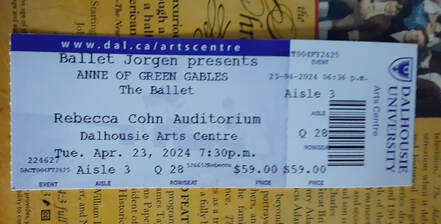
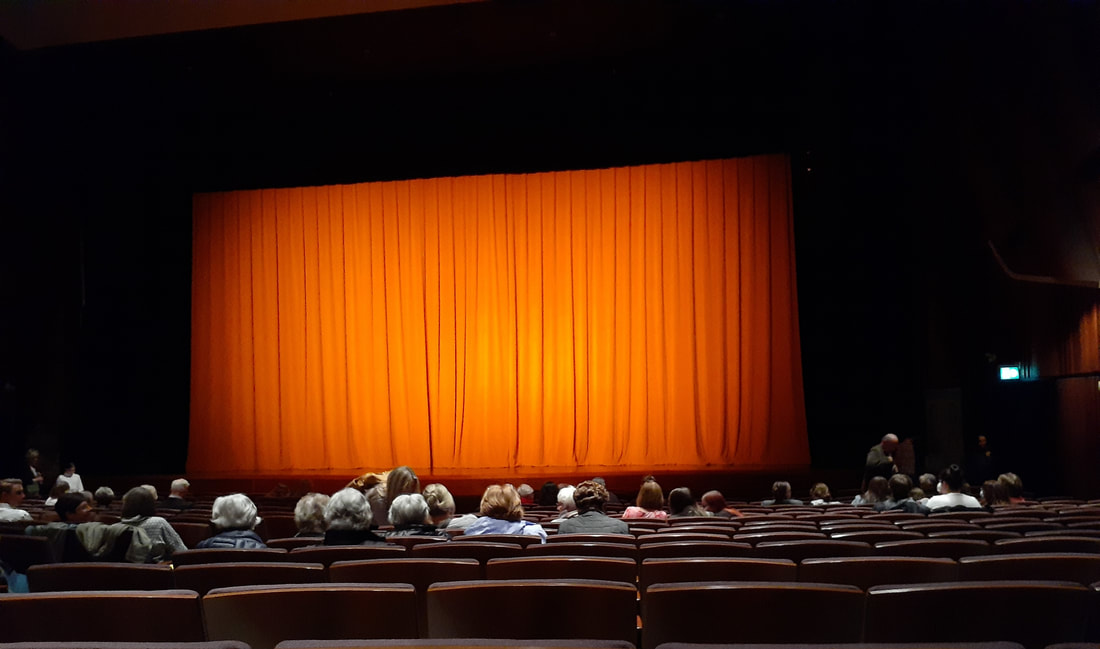
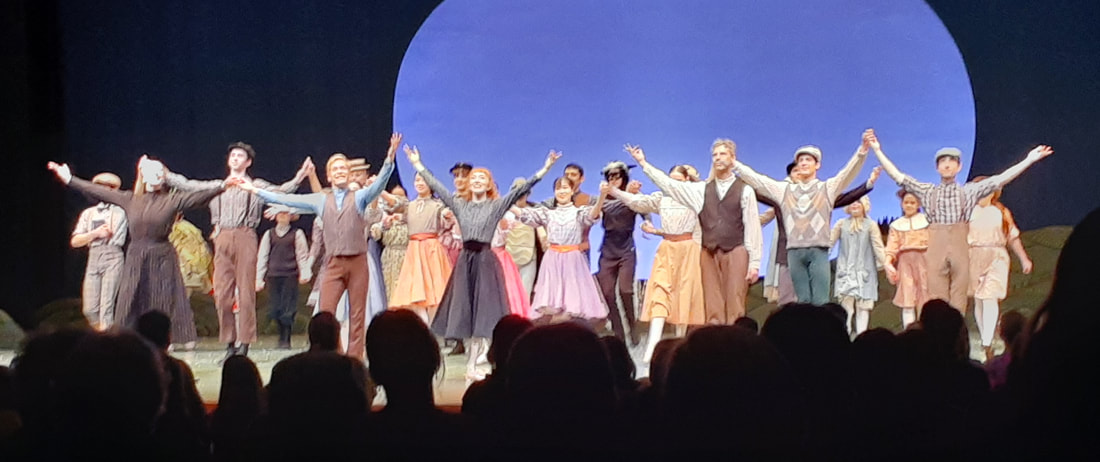
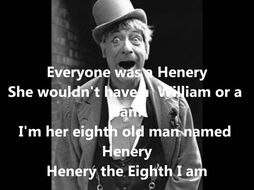
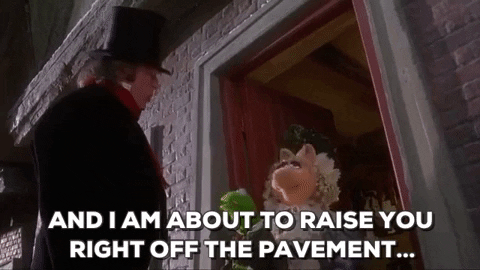
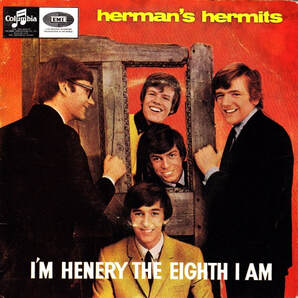
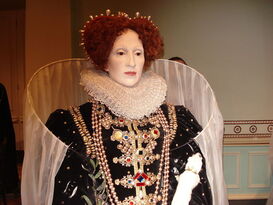

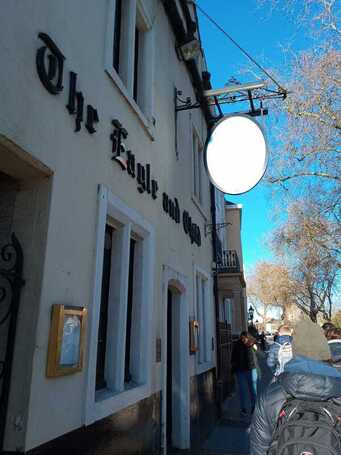
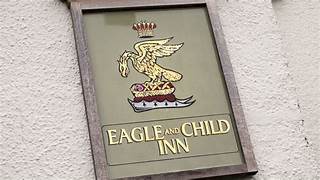
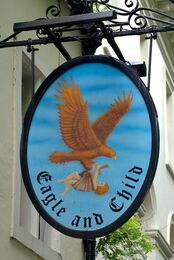
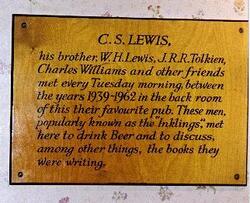
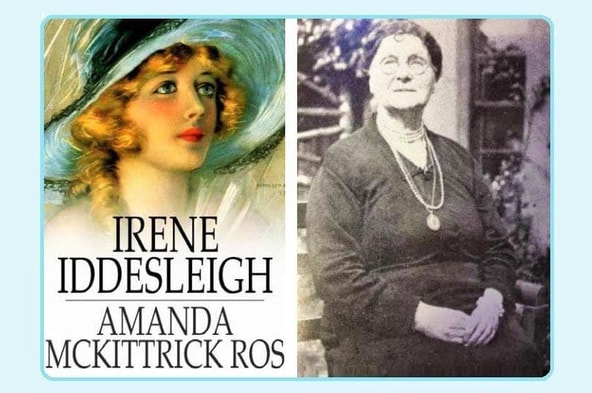

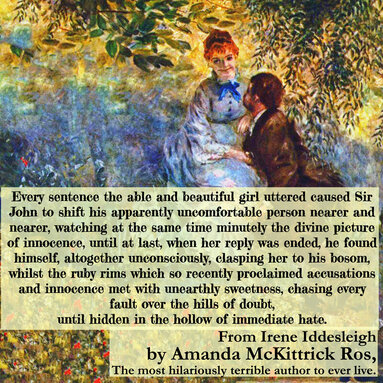
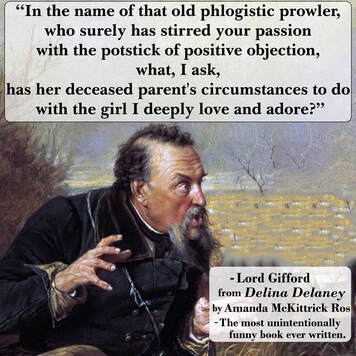
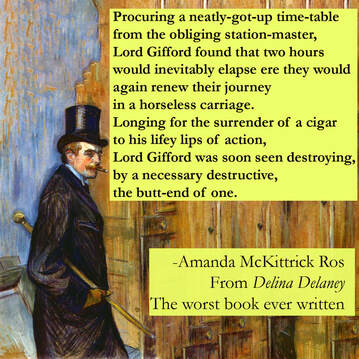
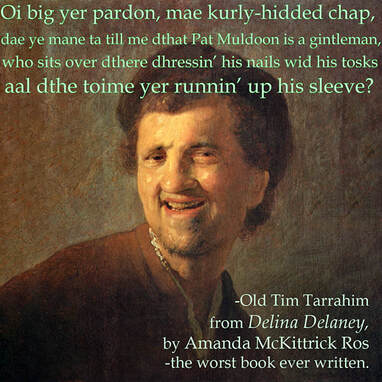
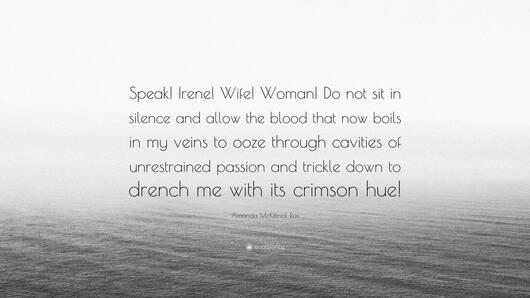



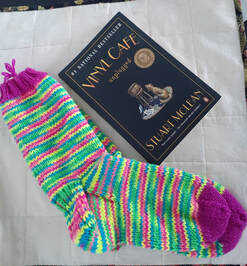









 RSS Feed
RSS Feed


